On The Profitability Of Hybrids
There were plenty of entertaining moments on last night’s Autoline After Hours. Fortress Detroit’s ugly bunker mentality proved at every turn what people (specifically, former GM consultants) mean when they accuse the American auto industry of problems of culture (with footnotes!). But TTAC is here to help. And our first suggestion to those feeling threatened by the collapse of their comfortable, familiar world is to read more. Seriously. “You don’t think Toyota makes any money on their hybrids do you?” asked one torpid apologist. Unless the Nikkei (via Green Car Congress) is part of the dreaded “we hate Detroit” conspiracy, it turns out that Toyota does make money on their hybrids.
And so does Honda. About $3K worth per car, as it happens. In fact, Toyota made about a billion bucks in profit on sales of second-generation Prius hybrids last year alone. And hybrids are Honda’s fourth largest revenue stream after luxury, midsized and small cars (not “crossovers and SUVs”). Maybe if all that PNGV money had been responsibly and realistically spent, Detroit would have a profitable hybrid too. But success in the marketplace breeds more success, while wasted government handouts seem to beget only more wasted handouts.
More by Edward Niedermeyer



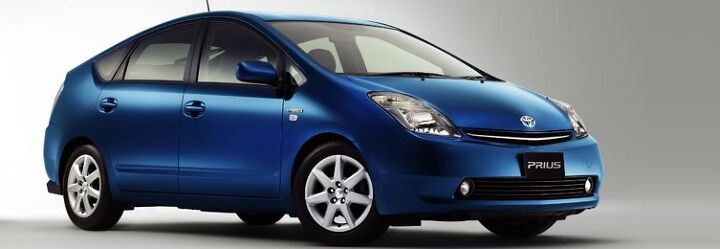















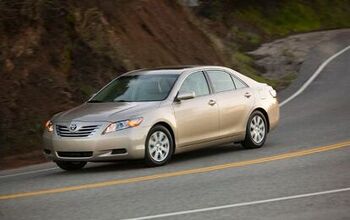
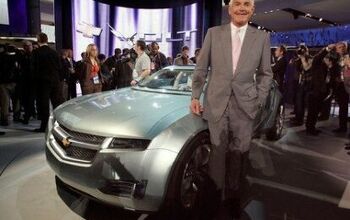
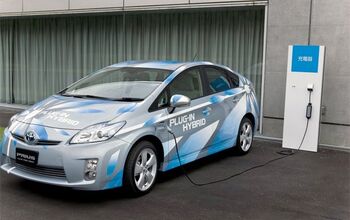

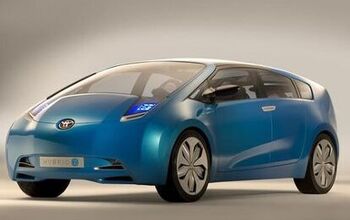










Comments
Join the conversation
"I examined torn-down Priuses, previous generation, and they look to my eyes like $35,000 cars. What they sell for is a lot less than that." One of the few cars I regret selling was a 2001 Toyota Prius that I had bought back in the summer of 2006 for $6500. It had been maintained at the dealer every 3,000 miles. A brand new battery pack. Immaculate interior. Other than some minor dents in the right rear quarter panel, it was virtually a museum piece. This one had 113k and new top of the line tires to boot. I ended up selling it for a $2000 profit on Ebay. Never even drove it out of the lot. Just took some pictures, wrote a description, answered a few questions, and that was that. Ironically enough, I did the exact same thing to a two year old PT Cruiser during the same week. That one had only 199 miles and I got it for the (then) great price of $7000.
I think the 3 Billion development number bandied about is ridiculous. Developing models like the Sol/Sky Kappa twins then makes about as much sense making billion dollar piles of money and lighting them on fire. I don't see the car industry as being sustainable with 3 Billion model development costs.